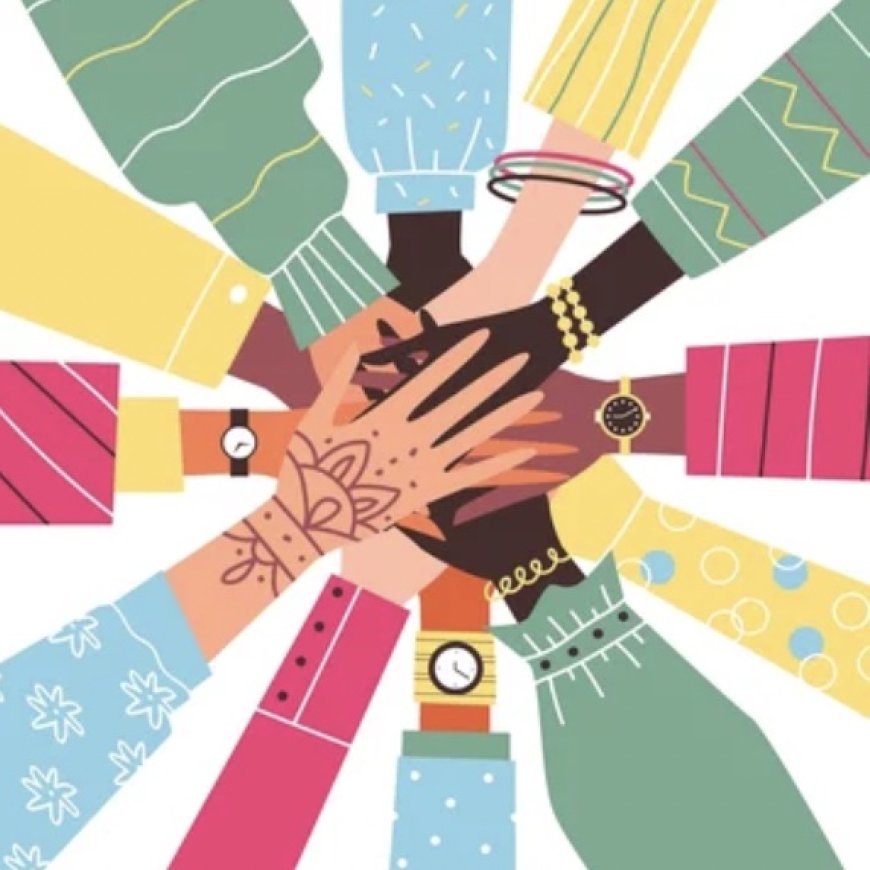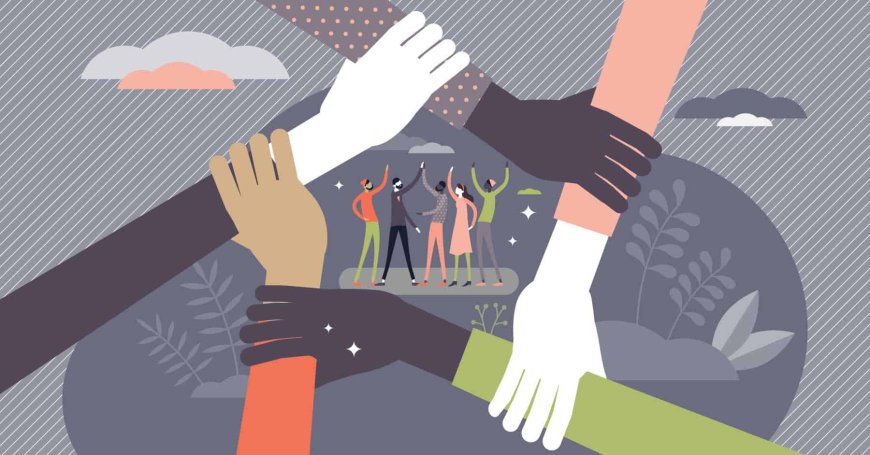Empowering Individuals: How Personal Liberty Shapes Stronger Societies
Explore how individual liberty shapes stronger societies through freedom of expression, privacy rights, self-determination, voluntary communities, and personal responsibility. Learn how these principles foster progress, innovation, and social cohesion.

Introduction

In recent years, discussions around individual liberty have taken center stage as societies grapple with issues like freedom of speech, privacy rights, and the right to self-determination. While these are fundamental human rights, they are also the building blocks of a resilient and empowered society. For libertarians, individual liberty isn't just a policy—it’s a philosophy that drives social innovation, personal responsibility, and community strength.
1. Freedom of Expression: The Foundation of Progress
At the heart of any thriving society is the right to voice one’s opinions freely. Freedom of expression empowers individuals to share diverse ideas, challenge existing norms, and push for social progress. Societies that protect this right tend to be more inclusive, adaptable, and innovative.
Consider the role that open debates and the free exchange of ideas have played in advancing civil rights, scientific discovery, and social reform. When individuals have the liberty to express dissenting opinions, they create an environment where constructive criticism and dialogue can flourish, leading to real, positive change.
2. Privacy Rights: A Shield for Personal Independence
As technology advances, the question of privacy has become more pressing. In a world where data is increasingly collected and analyzed, maintaining individual privacy is crucial for preserving personal freedom. For libertarians, the right to privacy is not just about security; it's about empowering people to make choices without the fear of surveillance or control.
Societies that prioritize privacy enable citizens to explore new ideas and make personal choices without external pressures. The right to privacy fosters a culture of trust, where individuals feel respected and valued, creating a stronger, more cohesive community.
3. Self-Determination: The Right to Shape One's Future
Self-determination is another cornerstone of a free society. This principle argues that individuals should have the autonomy to make choices about their own lives—whether it’s pursuing a career, following a belief system, or deciding where to live. When people have the freedom to shape their destinies, they become more invested in their personal and professional growth.
Studies show that countries with high levels of self-determination tend to have healthier, more motivated populations. When individuals feel they have control over their own lives, they are more likely to contribute positively to society, whether through volunteer work, civic engagement, or entrepreneurship.
4. The Role of Voluntary Communities
Libertarians believe in the power of voluntary, community-driven initiatives over government-mandated programs. When people are free to choose their affiliations, they create communities based on shared values, fostering stronger bonds and a genuine sense of belonging.
From local support groups to larger movements, voluntary communities empower individuals to address shared challenges and achieve common goals. Unlike top-down programs, these community-driven efforts tend to be more responsive, adaptive, and efficient, catering directly to the unique needs of their members.
5. Personal Responsibility: Building a Culture of Accountability
A society that values individual liberty also encourages personal responsibility. When individuals are free to make their own choices, they naturally become more accountable for the outcomes of those choices. This fosters a culture where people are not only responsible for themselves but also committed to helping others in their communities.
Personal responsibility is foundational to a self-reliant society. It reduces dependence on external authorities and empowers individuals to take proactive roles in addressing social issues. From community-led initiatives to self-help groups, personal responsibility encourages people to contribute actively to a better society.
Conclusion
In a world of rapid change and complex challenges, the principles of individual liberty—freedom of expression, privacy rights, self-determination, and personal responsibility—serve as the pillars of a resilient, empowered society. Libertarianism advocates not only for economic freedom but also for a culture where individuals are free to pursue their paths, build supportive communities, and hold themselves accountable for their actions.
Individual liberty, in this sense, goes beyond the political sphere. It creates a society where each person has the opportunity to thrive, innovate, and contribute to a shared future. As we continue to explore the boundaries of freedom and responsibility, it becomes clear that personal liberty isn't just a privilege—it’s the foundation of a dynamic, united, and strong society.
What's Your Reaction?




















































